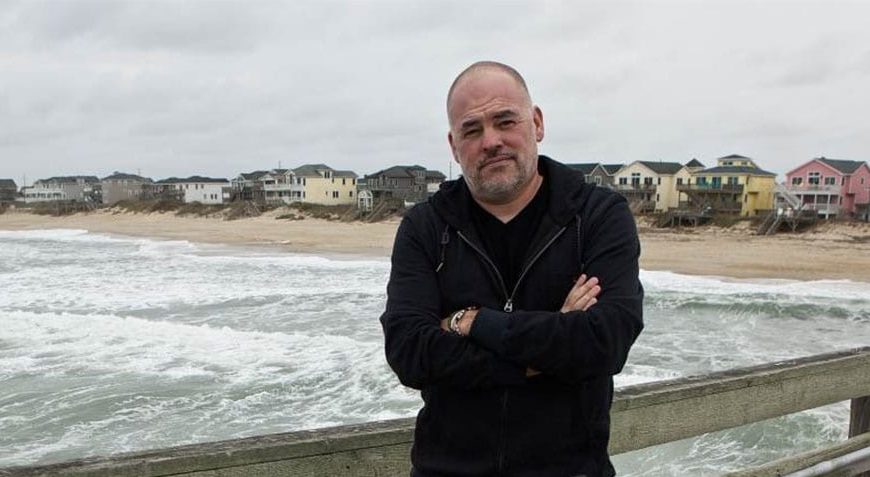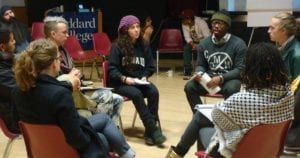 Authority. I can’t help it–my knee-jerk reaction to any of it is to bristle and resist. I have that reaction to a certain kind of voice in what I read. It’s a commanding voice, a voice that says: believe me, have confidence in me, I know what I am talking about. The sub-text being: I’m right.
Authority. I can’t help it–my knee-jerk reaction to any of it is to bristle and resist. I have that reaction to a certain kind of voice in what I read. It’s a commanding voice, a voice that says: believe me, have confidence in me, I know what I am talking about. The sub-text being: I’m right.
The link between a sense of purpose, the military, absent fathers, religious fundamentalism, and even prison, seems to me to be a sort of human need for authority, the need for some sort of source, direction, command that allows us to relax our vigilance over ourselves and give in to obedience. (Is this a good case for structure too?) And what is the difference between obedience and doing something for a collective good? And finally, how does this manifest in literature? In our own writing?
I often ask my students to write a manifesto, using Charles Ludlum’s famous Manifesto for his Ridiculous Theatre Company. I ask them to list 7 reasons they write and what they hope to do with their work. I often conduct a conversation around who their audience is. (Mine is my grandmother, a schoolteacher in Chicago and the sole support of her family for decades, which is why you rarely find profanity in my plays—she would be so disappointed in me!) Visualizing our audience reading/seeing our work, finally listening to what we have to say, helps us develop the voice we need to speak to them in particular. And they have needs too: sometimes they need to see their lives as important; sometimes they need to be forgiven…
Playwrights have it easier—they can write from multiple perspectives and take numerous sides all at once. Ditto the fiction writer who changes point-of-view every chapter or so. But for memoir writers, this is especially important, because not only are they perhaps writing about things that might appall their families to have out in the open, they must find a voice to write in that is believable—or not—and entertaining.
What gives us any authority at all to even write? To think we’re right? What connects us to every other human being on the planet?
Being wrong.
This is where point-of-view and voice really come into play as tools for ultimate believability. That we might be wrong about whatever we are talking about is the most believable aspect of making a statement. To admit this by using a strong POV, inventing a strong “character” as your narrator, is to open up the world of your thinking, and your heart to your audience. To admit you can only see one side of your story and that there might be another, or a few, or 300,000,000, is to be most universal. This mental and dare I say spiritual act of writing allows you access to details that righteousness does not permit. Righteousness stops everything. Being right is an unattainable goal. Give it up.
Believe me—half of everything I say is true.







